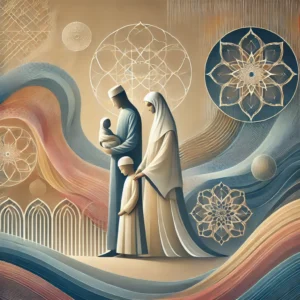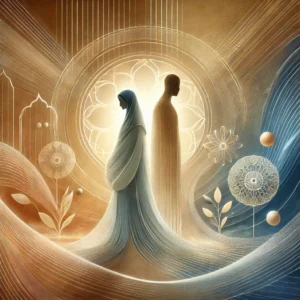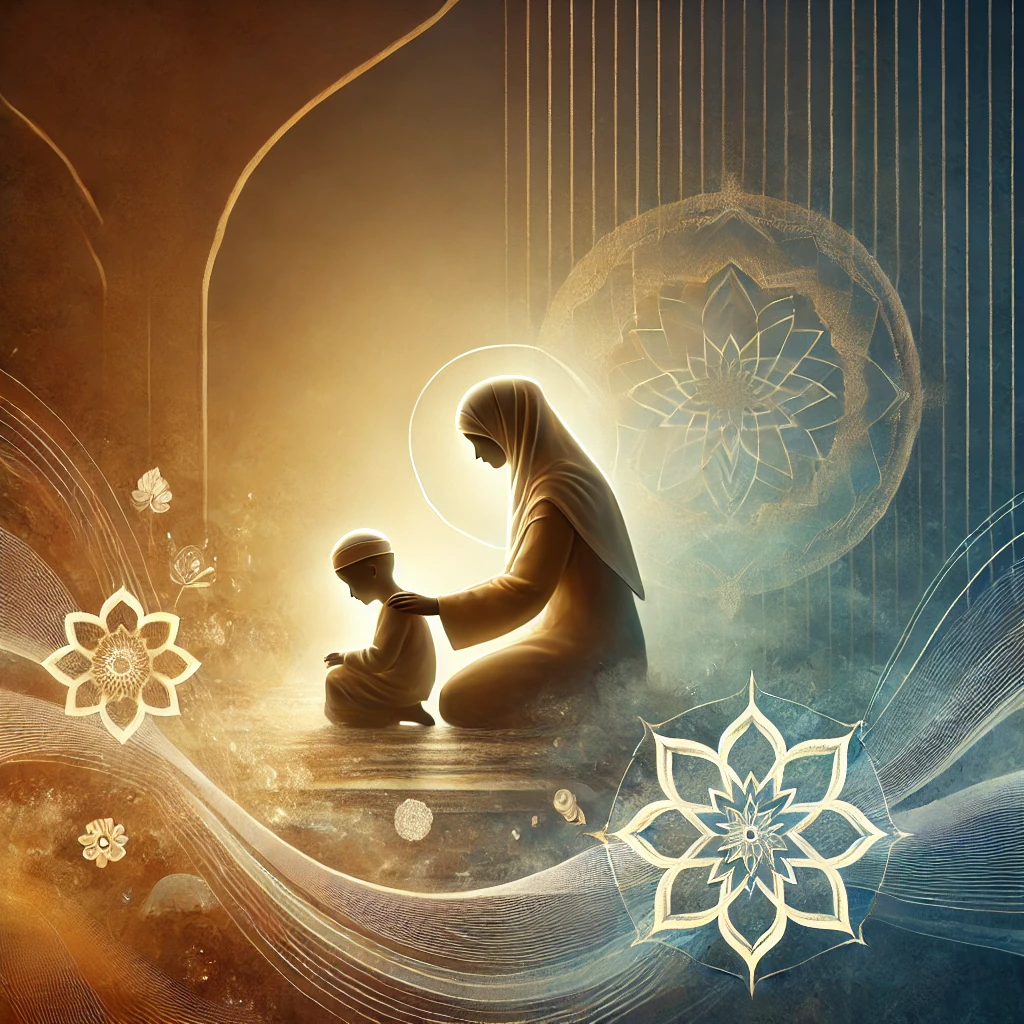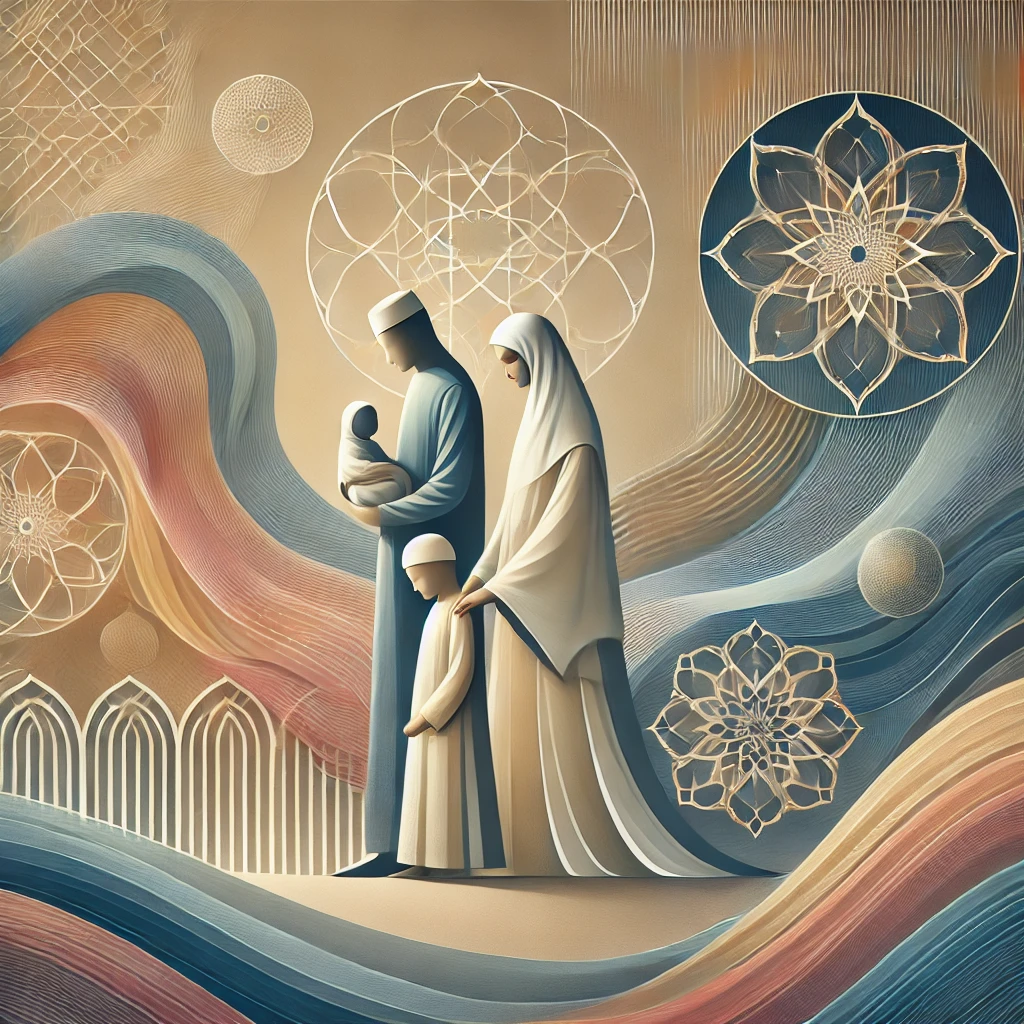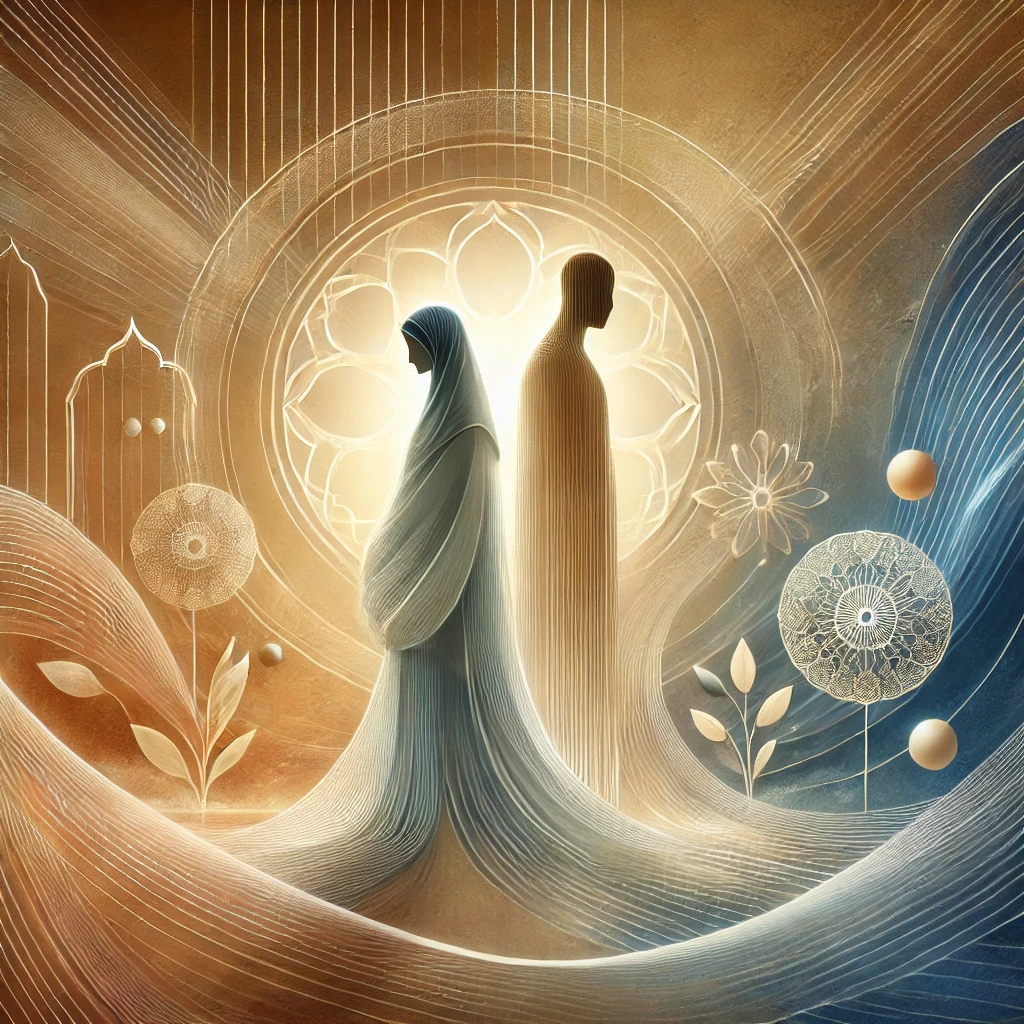Prophet Moses (Musa) is revered in Islamic belief as a great prophet, known for his unwavering stance on justice, freedom, and monotheism (Tawhid). He was sent by Allah to liberate the Children of Israel from the tyranny of Pharaoh and to guide them on the path of righteousness. Moses’ life is filled with examples of struggle, patience, and profound faith in Allah. His story is a narrative of a community’s journey from slavery to freedom, from oppression to justice, and from idolatry to monotheism.
One of the most notable events in Moses’ life is his upbringing in the palace of Pharaoh. At the time of his birth, Pharaoh was oppressing the Children of Israel and decreeing the death of newborn male infants. To save his life, Moses’ mother placed him in a basket and set it afloat on the Nile River, following divine inspiration. By Allah’s decree, Moses was found and raised in the palace of Pharaoh. This event illustrates Allah’s protection and power, reminding us that even in the most difficult circumstances, Allah safeguards His servants. Growing up in the palace, Moses witnessed Pharaoh’s cruelty and the suffering of the Children of Israel, laying the foundation for his future mission.
Moses’ appointment as a prophet occurred when he received revelation from Allah at Mount Sinai. During this encounter, Allah commanded Moses to throw down his staff, which then transformed into a serpent. This miracle demonstrated Allah’s power and support for Moses. Allah then instructed Moses to go to Pharaoh and call him to the oneness of Allah. This was a daunting task, as Pharaoh had declared himself a god and ruled with unchallenged tyranny. Nevertheless, Moses obeyed Allah’s command and confronted Pharaoh.
Moses called Pharaoh to believe in the existence and oneness of Allah and urged him to abandon his tyranny and release the Children of Israel. However, Pharaoh dismissed Moses’ message with scorn and mockery. In response to Pharaoh’s denial, Allah granted Moses several miracles, including turning his staff into a serpent, the miracle of his glowing hand, and turning the Nile River into blood. Despite these signs, Pharaoh persisted in his disbelief. These events underscore Allah’s power and His unwavering support for His prophets.
When Pharaoh’s oppression continued unabated, Allah commanded Moses and the Children of Israel to leave Egypt. This was a monumental step towards freedom. Moses led the Children of Israel towards the Red Sea, with Pharaoh and his army in pursuit. Allah instructed Moses to strike the sea with his staff, and the sea parted, allowing the Children of Israel to pass through safely. When Pharaoh and his army followed, the sea closed back in, drowning them. This event symbolizes Allah’s justice and aid, representing the deliverance of those who stand against tyranny and place their trust in Allah.
Moses’ life is also shaped by divine revelation and guidance. Allah revealed the Ten Commandments to Moses on Mount Sinai. These commandments served as the foundation for the social, moral, and religious order of the community. Moses used these divine laws to guide the Children of Israel towards righteousness, calling them to be a just, honest, and God-fearing society. Moses’ divine guidance emphasizes the significance of monotheism, moral values, and social justice.
In conclusion, Prophet Moses stands as a symbol of freedom, justice, and monotheism in Islamic history. His life exemplifies a prophet’s struggle against oppression, his unwavering faith in Allah, and the importance of divine guidance in human life. The story of Moses serves as a lesson for Muslims, reminding them of the value of justice, freedom, and devotion to Allah. His life demonstrates the importance of trust in Allah, patience, and perseverance in following the path of righteousness.




